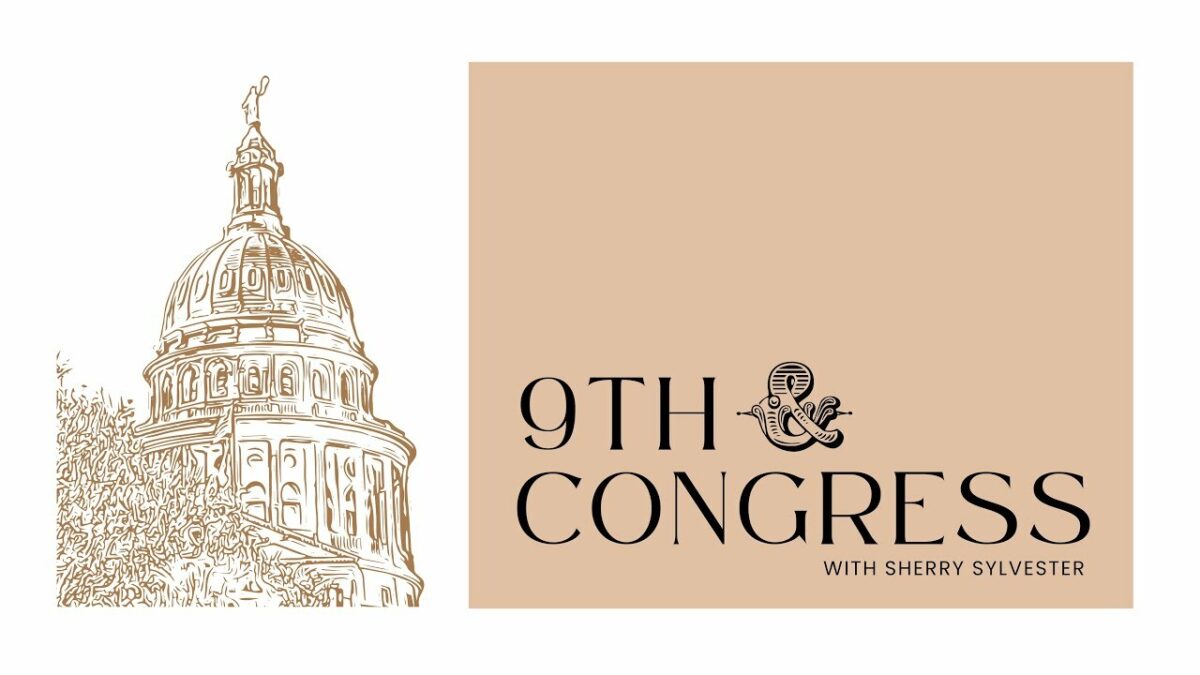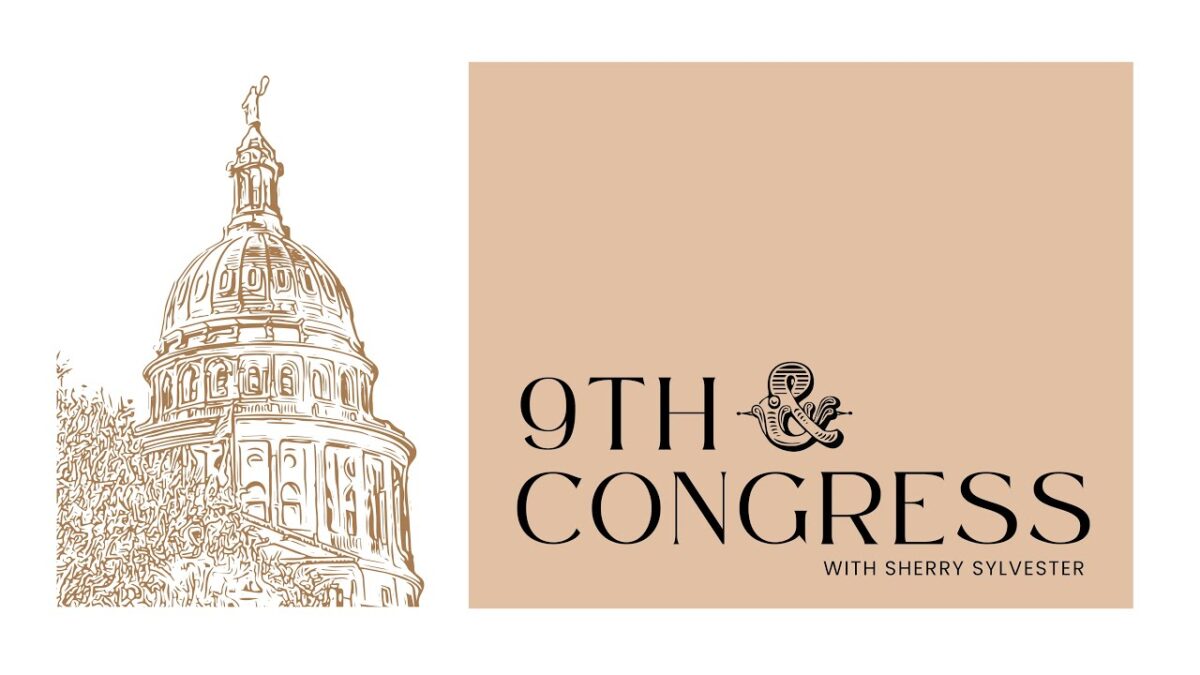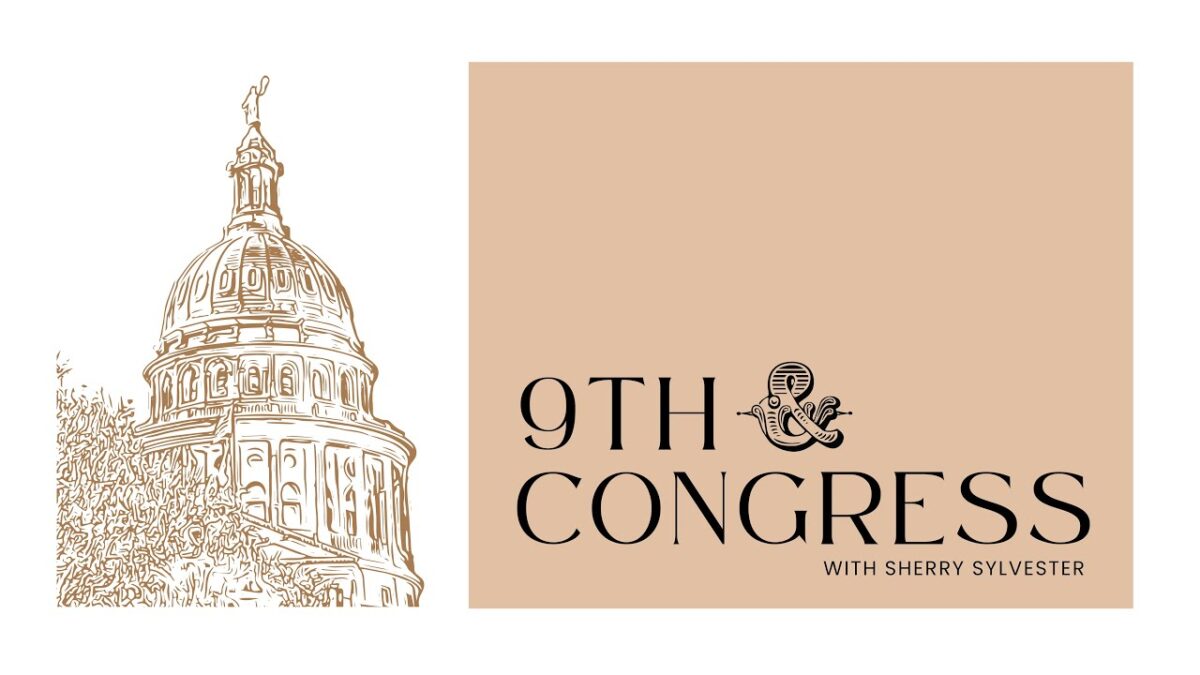Nearly 70% of Texas university professors are not recommending Texas to their colleagues in other states, and more than a quarter are considering leaving next year, according to a new poll by the American Association of University Professors. Texas professors told surveyors their dissatisfaction stems from “political interference and widespread dissatisfaction with the state of higher education in Texas.”
(We’ll skip over the hysterical irony of state employees paid with taxpayer dollars being annoyed by the “political interference” in their work.)
Upon releasing the poll, the professors said, “these findings serve as a wake-up call for policymakers, administrators, employers, and other concerned citizens, emphasizing the urgent need to address the concerns raised by faculty members. Failure to do so may result in a significant exodus of faculty, challenges attracting academic talent, and an overall decline in the quality of higher education.”
Wake up call? They are kidding right? Do they think that policy makers, employers and other concerned citizens of Texas give a hoot that a bunch of professors are angry about tightening up tenure rules and ending so-called “Diversity, Equity and Inclusion” (DEI) programs? Senate Bill 17 passed in May; it ensures that going forward, no program or policy will be allowed on any Texas university campus that “promotes differential treatment or provides special benefits to individuals on the basis of race, color or ethnicity.”
DEI is a woke policy based on the premise that all American institutions, including our colleges and universities, reflect a white supremacist culture. Dozens of Texas university professors who testified against the anti-DEI bill believe that to see America any other way is also racist. No other viewpoint is tolerated.
These professors believe it is their job to divide students by race, ethnicity and gender and then teach young minority Texans to see racism everywhere. They want them to understand that they are all hopelessly oppressed. They also teach Anglo Texans that their race gives them privilege, regardless of their circumstances and that they are racist, whether they know it or not.
If that sounds nuts, it’s worth noting that Texas professors may not be among Texas’ best and brightest. According to the AAUP poll, almost a third of them, 28.7%, said they hoped to leave Texas. The No. 1 place they want to move is California.
At least they’ll be driving against the traffic. USA Today reported in August that Census Bureau data shows in 2021, 111,000 people left California for Texas—300 people a day. That’s an increase of 36% compared to 2016. Folks moving to Texas had a long list of reasons—taxes, cost of living, red tape, crime and infrastructure. It will likely shock the Texas professors to know that more than a few former Californians also mentioned freedom of speech and tolerance for different opinions in Texas as a reason for their move.
Whoopi Goldberg, Jon Stewart and Samuel L. Jackson, all said they would leave the country in 2016 if Trump was elected. They didn’t. These Texas professors aren’t going anywhere, either. The market for academics is glutted and then some. Academic insiders estimate that while it varies from field to field, there are routinely as many as 50 applications for every faculty opening. In addition, young faculty members in Texas complain that because of tenure, professors never retire and they are unable to advance. If these professors pack up their U-Hauls and head west, their jobs will be filled by tomorrow morning.
Dozens of whiny professors testified in opposition to the anti-DEI and tenure reform bills last spring, predicting that if they passed, Texas would be imperiled because a few left-wing academics wouldn’t want to live here anymore.
Not one of them made a case that DEI or tenure had actually improved student performance or graduation outcomes for minority students—or any student—on any college campus in Texas. DEI has been in place for at least a decade on most Texas campuses and the impact has been zilch, so perhaps a “significant exodus in college faculty” is just what we need.
Don’t let the screen door hit you on the way out.









